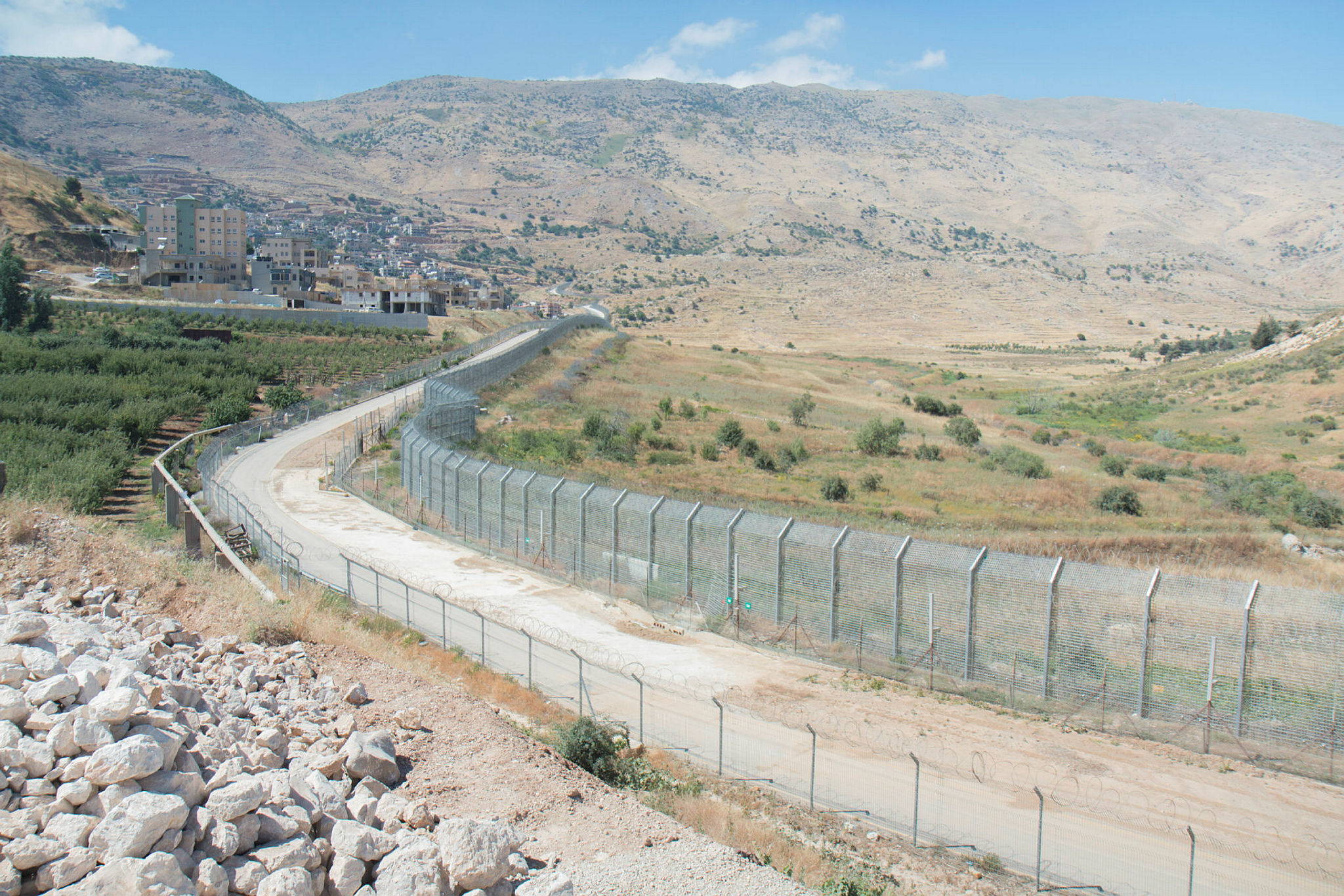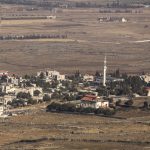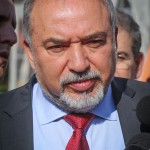Deal to Release Israeli Woman from Syria Still in Development
Jerusalem, 18 February, 2021 (TPS-IL) -- Israel officially acknowledged Wednesday evening that an Israeli citizen had crossed the border into Syria and that Russia is involved in mediations to return her to Israel.
The young woman, from an ultra-Orthodox city in Israel, reportedly willfully crossed into Syria in the Quneitra area and was apprehended by the regime’s forces.
It is unknown how she managed to enter Syria and cross the heavily fortified border.
Prime Minister Netanyahu referred to the deal in an interview with IDF Radio and said that “we are acting in a discreet manner, I hope we are close to ending the affair. I used my connections with [Russian President Vladimir] Putin to solve the problem.”
Syria’s state media reported that “in the framework of the Syrian State’s keenness on liberating its citizens from the Israeli occupation prisons by all possible means and at any price, work to liberate two Syrian citizens from the occupied Syrian Golan from the Israeli occupation prisons is underway.”
The two individuals in question are Nihal al-Maqt and Diyab Qahmouz.
Maqt was convicted of incitement and Qahmouz was imprisoned for collaboration with the Hezbollah terror organization and for planning attacks against IDF forces in the north.
Al-Makt’s brother was released last year in a prisoner exchange, also mediated by Russia, which came after Syria returned the remains of IDF soldier Zechariah Baumel who was killed in 1982 during the First Lebanon War.
Qahmouz was reportedly notified of his release to Syria but refused, demanded to return to his village in Israel, and was returned to his cell.
The head of Israel’s National Security Council Meir Ben Shabbat returned from Moscow on Wednesday night after talks with the Kremlin on the release of the Israeli woman.
Israel initially hoped to wrap up the deal quickly but encountered some difficulties and hopes to end the transaction in the coming days.
The Israeli government convened on Tuesday night to discuss a secret humanitarian issue that involved Syria and Russia’s mediation.
All details of the incident are banned for publication, and the IDF’s censorship allowed to publish only that Israel has turned to Russia to exercise its influence in Syria on a humanitarian issue.
The participating ministers signed a document legally sealing their secrecy.
Prime Minister Benjamin Netanyahu spoke with Russian President Vladimir Putin last Monday, as did Israeli Foreign Minister Ashkenazi with Russian Foreign Minister Sergei Lavrov.
Israeli Defense Minister Benny Gantz spoke on Wednesday with Russian Defense Minister Sergei Shoygu regarding “security challenges in the Middle East, and Syria in particular.”
Other lower-level Israeli officials have since been in close contact with the Kremlin.







